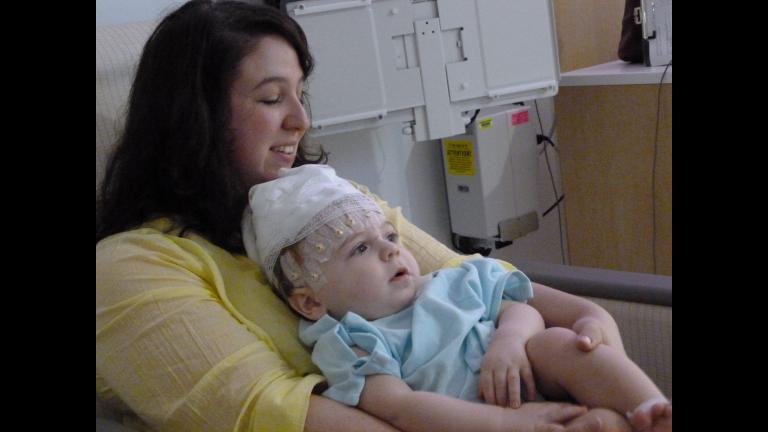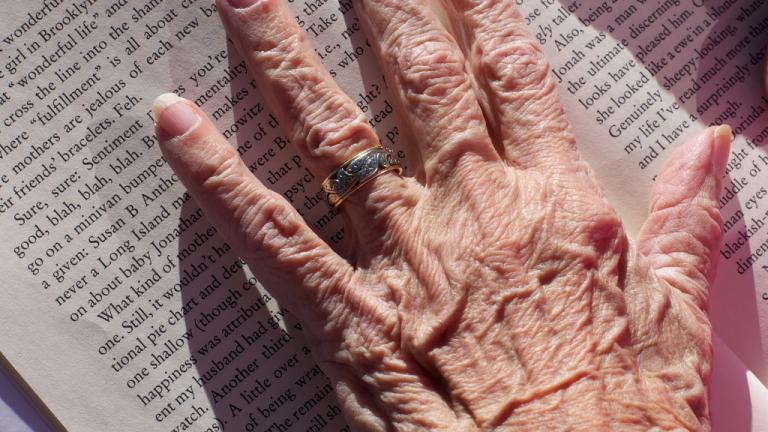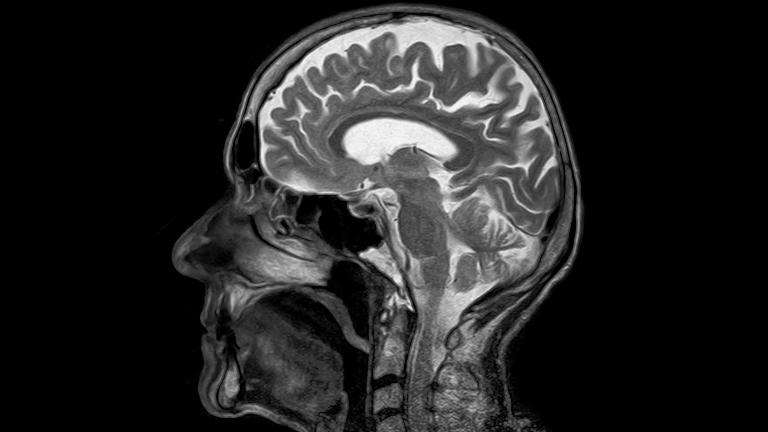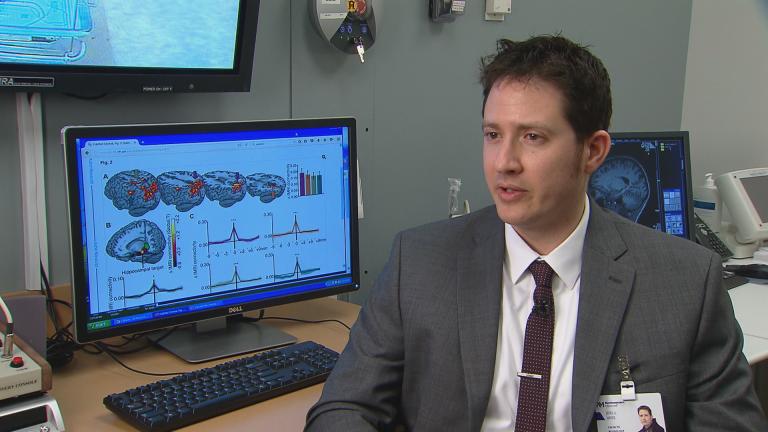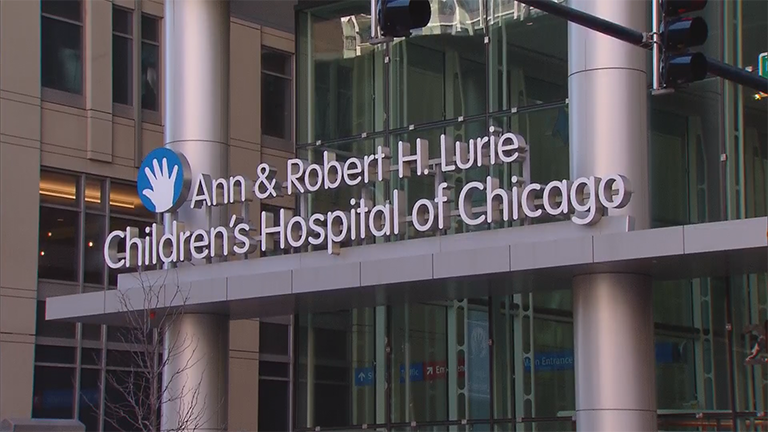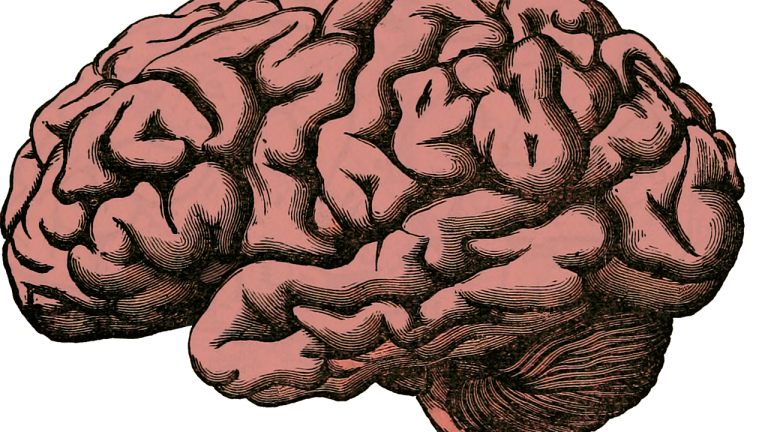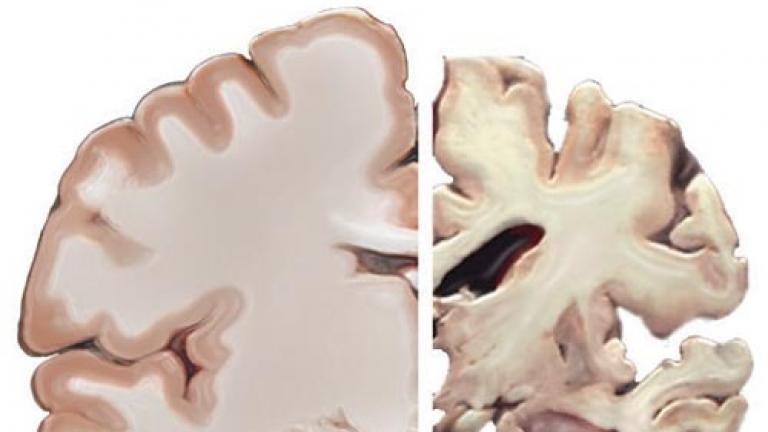Disappointing results from a clinical trial released late last month by Eli Lilly, but the drug is still being studied as a potential therapy for those who are at risk for memory loss.
neurology
Only 2,500 children are diagnosed with infantile spasms in the U.S. each year. Meet one family that is sharing their story to raise awareness of the uncommon disorder.
Several 90-year-olds with superior memory were found to have the hallmarks of Alzheimer’s disease yet never developed dementia in their lifetimes. Scientists are now researching what protected these individuals from acquiring the disease.
Finding Could Lead to Personalized Treatment of Chronic Pain
Chronic pain affects 100 million Americans, and using drugs to treat patients' pain has been a process of trial and error. New research by local scientists could lead to more personalized treatment of chronic pain.
High hopes in the search to reverse or prevent Alzheimer’s disease. We'll tell you about two important medical studies being conducted in Chicago.
A groundbreaking study partially conducted at Lurie Children’s Hospital of Chicago found that a marijuana extract greatly reduced severe seizures in some children.
Art and medicine combine when a local neurologist gets his first art show–featuring his photographs of the palettes of famous Chicago artists.
An ambitious new government-led research initiative aims to fully map the human brain. The goal is to advance understanding of how the brain works and develop treatments for crippling neurological diseases. But for researchers, the Holy Grail is to understand the origins of human consciousness. Two leading neuroscientists join us to talk about this potentially groundbreaking project.
In 1999, a car accident left DePaul University professor Clark Elliott concussed. As a leading scientist in the field of artificial intelligence he was intrigued by the impact on his brain and kept meticulous notes documenting the effects of his traumatic brain injury. Those notes became the basis for his new book. He joins us on Chicago Tonight.
We take a look at a new study that says Alzheimer’s is the third leading cause of death with one of the study’s researchers, Bryan James of Rush Alzheimer’s Disease Center. Read the full study, an article about super-agers, and view a graphic on Alzheimer's disease.


